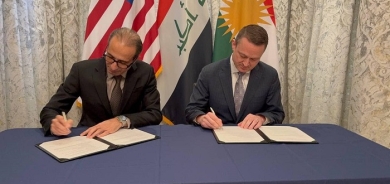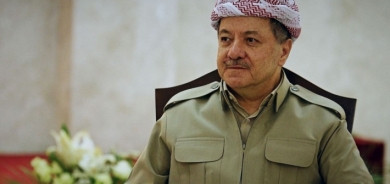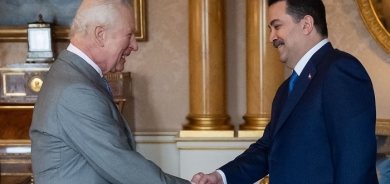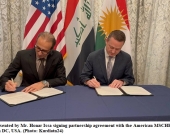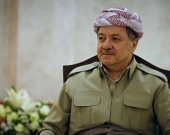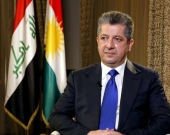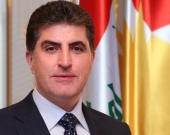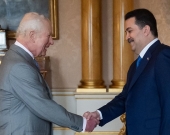Ex-Chad Ruler Charged With Crimes Against Humanity

The charges, which also included war crimes and torture, were handed down at the end of a two-hour meeting Tuesday of the Extraordinary African Chambers, which started its work investigating Habre earlier this year.
Habre, who had been living freely in Senegal for more than two decades after a military coup brought his eight-year rule to an end in 1990, faces possible life in prison if convicted.
His French lawyer Francois Serres said judges also issued an order of detention against his client, and security forces whisked Habre away from the facility.
Human rights and victims groups say that soon after coming to power in the central African state in 1982, Habre promoted members of his Gorane ethnic group to head a ruthless torture and killing apparatus that targeted members of other ethnic groups that threatened his regime.
Since his arrival in Senegal in 1990, Habre was an uncomfortable reminder of Africa's unwillingness to hold its leaders accountable as Senegalese authorities resisted attempts to try him.
Paramilitary police arrested Habre at his home in Dakar on Sunday, a move his defense team branded a "kidnapping."
Victims' representatives on Tuesday praised the decision to charge Habre.
"This is the first victory for the victims," said Jacqueline Moudeina, lawyer for the victims and president of the Chadian Association for the Promotion and Defense of Human Rights. "The charging of Habre is a culmination of our 22 years of campaigning for justice."
Reed Brody, counsel for Human Rights Watch, who has worked with Habre's victims since 1999, called the charges a "stunning victory."
"Today's arrest is a message to dictators around the world who think about embarking on mass murder that they will never be out of the reach of their victims," he said.
In May 1992, a 10-member Chadian truth commission formed by President Idriss Deby, who came to power following Habre's ouster, reported that Habre's government was responsible for an estimated 40,000 deaths.
The commission placed particular blame against the Directorate of Documentation and Security, Habre's political police force, which "distinguished itself by its cruelty and its contempt for human life."
It employed torture methods that included whippings, beatings, burning and the extraction of fingernails, the panel reported. One technique involved forcing a victim to put his mouth around the exhaust pipe of a running vehicle, causing severe burns when the motor accelerated.
In May 2001, Human Rights Watch discovered thousands of DDS documents that mentioned more than 12,000 victims and 1,208 individual deaths. The documents indicated that Habre received direct communications from the DDS concerning nearly 900 detainees.
Habre received substantial support from the United States and France because he was seen as a "bulwark" against former Libya dictator Moammar Gadhafi, according to HRW. Habre received hundreds of millions of dollars in American aid and was invited to the White House, HRW says, while support from France came in the form of arms and logistical support.
Serres said Tuesday that the prosecution did not have time to conduct a proper investigation and had relied on evidence presented by Deby's government, which he said would not stand up in court. He said Habre's lawyers were not allowed to present evidence during Tuesday's hearing.
"The objection is that President Habre was kidnapped at his house by police officers and forced, on the order of the general prosecutor of the chambers, to be detained for two days without any right to counsel," Serres said. "He was brought today to the court, and the court confirmed the charges without giving a chance to the defense lawyers to present the defense, to review the file, or to examine the charges."
Although observers expect the court will only end up prosecuting Habre, prosecutor Mbacke Fall announced Monday he was also pursuing indictments against five other top officials in Habre's regime.
Three of these officials — Mahamat Djibrine, Abakar Torbo and Guihini Korei — have been described by HRW as among "the most feared torturers" under Habre. A fourth suspect, Saleh Younous, served as head of the DDS from 1983 to 1987, and a fifth, Zakaria Berdei, was a special adviser to the presidency.
However, there are considerable obstacles to putting these other men on trial. The court has a budget of only about $10 million for Habre's trial, and experts say it would be difficult for the court to gain custody of the other suspects.
By ROBBIE COREY-BOULET Associated Press
(AP)


